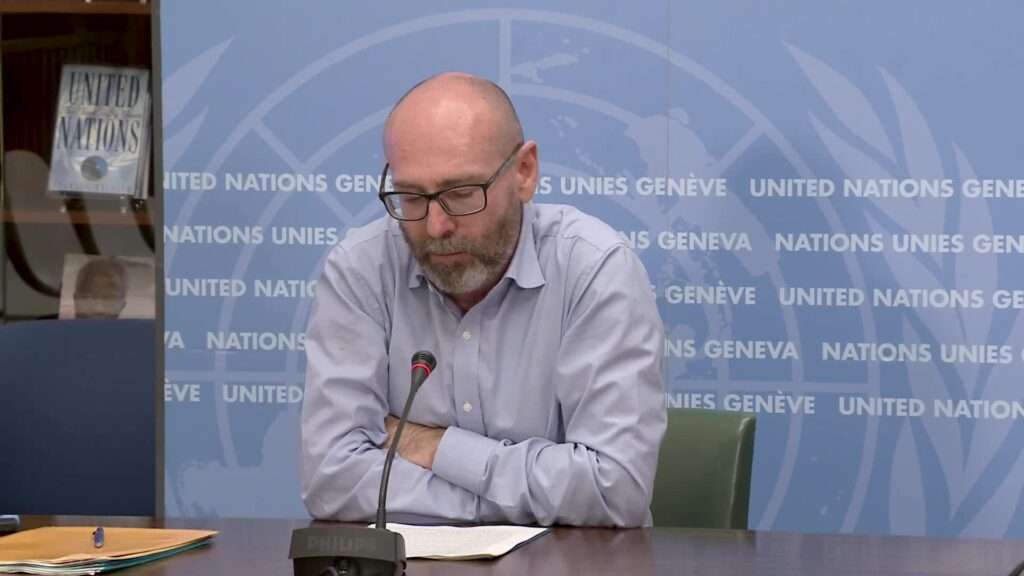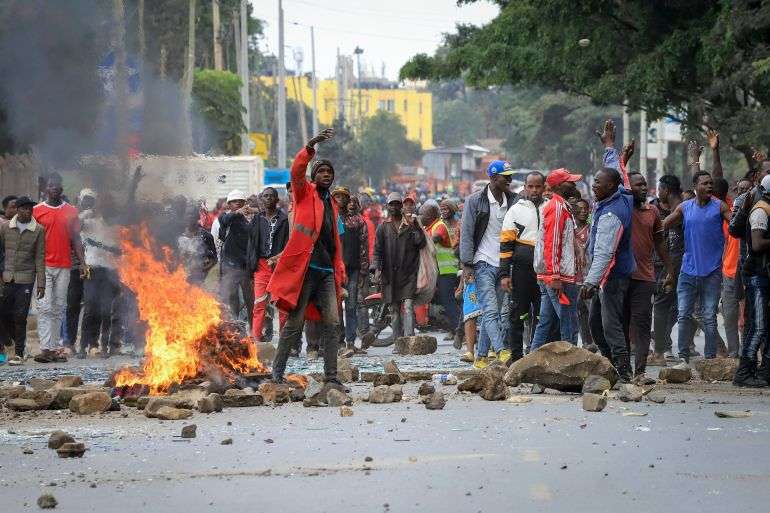Raila Odinga, the main opposition leader in Kenya has called on his supporters to embark on a 3-day protests to challenge the government’s new tax policies. The Ruto administration formulated new taxes as a means to deal with the country’s debt crisis. However, it did not sit well with the people, triggering a number of demonstrations.
The new taxes were expected to take effect from 1st July but was delayed by a court injunction, pending a legal action. A court order was served to Njuguma Ndung’u, the Treasury Cabinet Secretary, barring him from implementing the new taxes. Nevertheless, taxes placed on petroleum goods have already driven the prices of fuel high.
The price of fuel went up from 182.04 shillings ($1.29) to 195.53 shillings ($1.38) per litre, diesel increased from 164.28 shillings ($1.16) to 176.67 shillings ($1.25), and kerosene jumped from 161.48 shillings ($1.14) to 173.44 shillings ($1.22) per litre.
However, Ruto, upon ascending the throne of Presidency, inherited a government debt stock of $63bn as compared to $13bn President Kenyatta inherited when took over power in 2013.

One of the President’s first step upon assuming office, was the abolishment of fuel subsidies, causing a major spike in fuel prices, which took a direct effect on the prices of essential commodities like flour and bread.
“In addition to being very costly, consumption subsidy interventions are prone to abuse, they distort markets and create uncertainty, including artificial shortages of the very products being subsidized,” President Ruto said in his inauguration speech.
Along with the housing levy, and petroleum product taxes, the government also introduced the digital assets taxes, a 3% levy on transferred fees in assert exchanges, covering a non-fungible tokens, cryptocurrencies, and digital currencies.
In addition, the finance act doubled the VAT on petroleum items from 8% to 16% and introduced a 15% withholding tax for digital content creators. Also, the government levelled tax on people who earn $3,536 yearly at 35%.
The bill, according to experts, will result in higher tax revenues drawn from high-income earners, while decreasing individual net income of low-income earners due to higher tax burdens.

During a previous protest on June 14, Raila Odinga stated that, the protest was against the administration’s new financial bill, which placed a 16% tax on petroleum products, 16% valued-added tax on paid insurance compensations and a 1.5% housing levy.
“That finance bill will be the last nail in the coffin. If it is passed, it will make Kenyans slaves of paying taxes. When they pass that bill, that will be the trumpet call. Will you be ready,” Odinga told his supporters.
UN Greatly Concerned About Widespread Violence In Kenya
The UN Human Right Office has reported that, about 23 people have perished and many others injured as a result of the demonstrations. The office also announced that, some members of the opposition have been detained.

“The UN is very concerned by the widespread violence and allegations of disproportionate use of force, including the use of firearms by the police during protests in Kenya. We call for prompt, thorough, independent and transparent investigations into the deaths and injuries.”
Jeremy Laurence, UN Human Right Office Spokesperson.
According to the Transport Cabinet Secretary, Kipchumba Murkomen, damages accrued as a result of the demonstrations, amount to over $5m in repairs.

Despite requests by clergymen for both Ruto and Odinga to engage in discussions to avert any further casualties and property damage, Ruto’s firm stance against the forthcoming anti-government demonstrations, would potentially lead to clashes between the opposition and the security service.
READ ALSO: Global Divides Promoting Poverty In The World, Ajay Banga Cautions





















